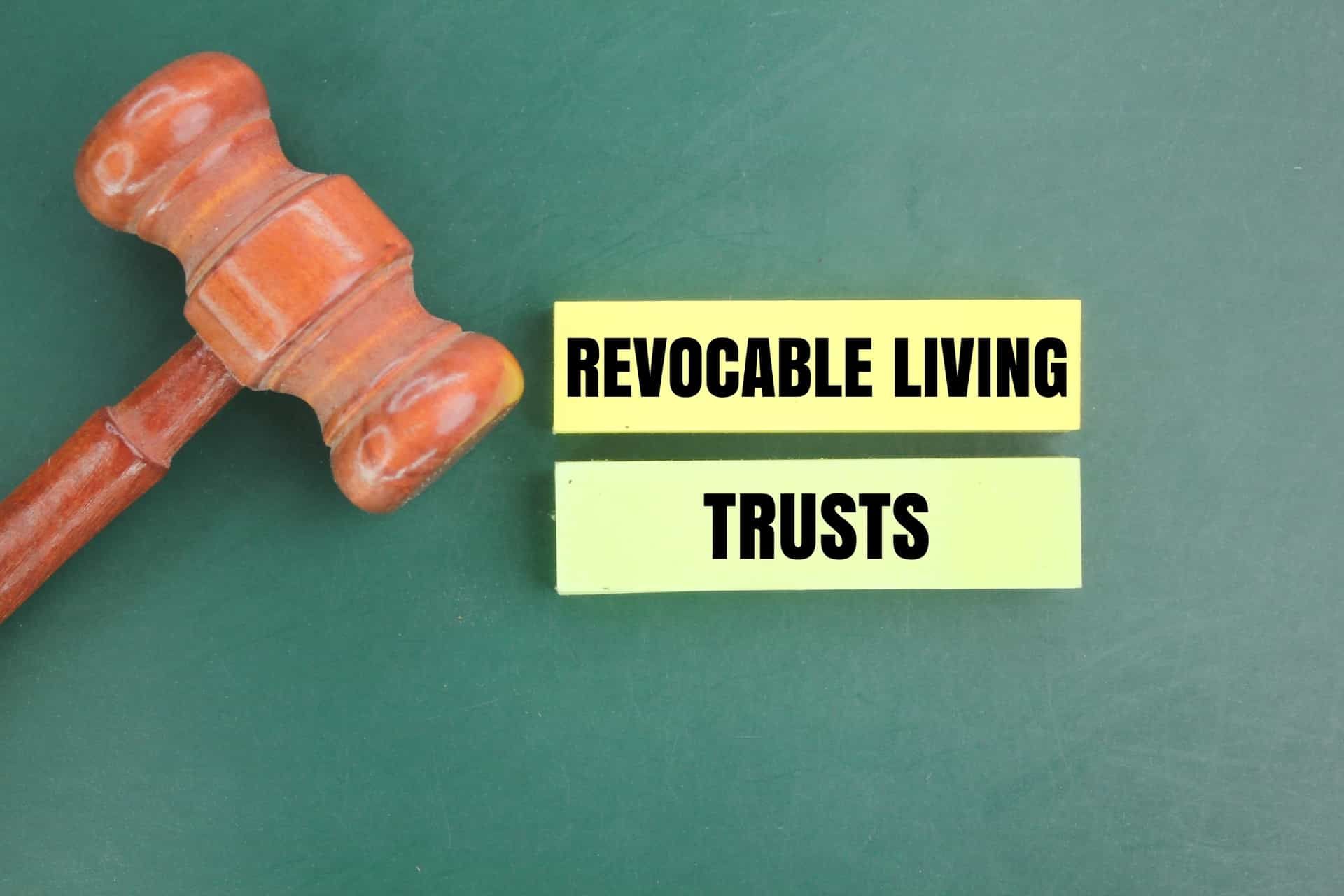The Importance of Life Insurance to Small and Family Owned Business Succession Planning

For many small and family owned businesses, the death of an owner, CEO, president, member, managing partner or other key employee (hereinafter “key person”) can be devastating to the life and sustainability of the business. Often times, the loss of that person is not only a problem for the day-to-day operation of the business immediately after his or her death, but it also has a dramatic impact on the viability of the company long term.
When dealing with a small or family owned business, some of the most common issues that arise after the death of a key person and why proper life insurance planning can help alleviate those issues is explored below.
Small or Family Owned Business
If the owner of a small or family owned business dies without adequately planning for the payment of his or her estate taxes and the inclusion of his or her ownership interest generates an estate tax, the decedent’s representative may be forced to liquidate the decedent’s ownership interest in order to pay the estate taxes owed. This concern is something important have evaluated and to plan for prior to death because it can be very difficult for an estate representative to command a reasonable price for the decedent’s ownership interest when he or she is forced to turn illiquid assets into liquid assets in a hurry.
It is our experience that the primary reason estate representative’s often see a poor return on the sale of a decedent’s ownership interest is because of the speed with which the representative needs to generate funds to pay the estate tax (generally estate tax due nine months after date of death; six month extension is available if requested prior to end of original nine months and the estimated tax has been paid already) combined with the fact that there is no readily accessible market for the sale of many small privately held businesses.
Estate Representative
Proper life insurance planning can help rectify the situation outlined above by providing the estate representative with enough money to bridge the gap between when the owner dies and when the ownership interest can be sold at a fair value. If the owner of a small business purchases life insurance on his or her own life and names his or her estate as the policy beneficiary, the estate representative will have said life insurance proceeds available to pay any estate tax or estimated estate tax due upon the owner’s death.
A policy of insurance owned on the owner’s life can also be beneficial to the estate representative in generating the highest return for the sale of the business because of the financial flexibility it offers the estate representative while searching for a purchaser. Not only can the money be used to avoid a fire sale of the business to generate income to pay the estate taxes, but the money can also be used by the estate representative to make loans to the business. In that event, the estate representative can make loans to the company to help keep the company operating at a high level until a satisfactory sale price can be found (operating capital should help the business to appraise at a higher value).
Life Insurance Policies
Life insurance policies owned on the lives of officers and other key employees by a small or family held business is also a very important tool for the success of a company after the key person’s death. The loss of a key person can be devastating to the daily operation and success of the company, which is why an employee’s impact on the viability and success of the business cannot be overlooked by ownership and management. These key people are typically very difficult or impossible to replace and their value to the company is worth more to the business than what a replacement could offer.
It is in these instances where life insurance on said key person (which is owned by and where the company is also beneficiary) can really assist in the company surviving the transition period following said key person’s death. The proceeds from the insurance policy on said key person can be used to pay any death benefits owed to the individual’s family by the company, to hire a replacement employee when an equally talented or qualified replacement employee may cost substantially more money than the decedent (or to recruit said replacement employee) and to offset any lost business income caused by the disruption in the company business generated by the loss of the decedent.
Another reason for the business to own a policy of insurance on the life of any or all owners (whether partners, members in limited liability company or shareholders in a corporation) is because of control issues that arise when a decedent’s ownership interest is transferred to his or her spouse, children or other third party.
If an owner dies without a proper business succession plan or has left his or her interest outright or in trust to someone, the owner’s ownership interest in the business passes to his or her heirs or pursuant to the estate plan upon his or her death. This is problematic to other company owners for one major reason – those owners are now forced into owning and or managing the company with new owners that those existing owners may not desire to work with.
In that instance, life insurance owned by the company on each owner’s life combined with a shareholder agreement or similar ownership transfer agreement could be utilized to alleviate concerns of unwanted owners. The partners, members or shareholders of the business can all agree to enter into an ownership transfer agreement which governs whether, how and under what circumstances an owner’s ownership interest can be transferred. Some agreements forbid transfers and some require unanimous approval of all other owners first while other agreements provide a right of first refusal or a right to first offer. There are also many other types of agreements that provide for a wide array of different restrictions and many combinations thereof.
Ownership Transfer Agreements
The most common scenario with respect to the treatment of life insurance in relation to ownership transfer agreements involves provisions where the a deceased owner’s estate representative is obligated sell the deceased owner’s ownership interest back to the company. The purchase price will commonly be designated in the agreement and will provide that the purchase price shall be the full value or a portion of the life insurance proceeds or that the purchase price shall be determined as of the owner’s date of death based on a designated formula or an appraisal.
After the company purchases the deceased owner’s ownership interest back from the estate representative, the company can either retire the ownership interest (cancel the shares) or hold the ownership intent to resell at a later time. Regardless what the transfer restriction agreement requires of owners, how the purchase price is to be determined or what happens to the ownership interest after the company purchases it from the estate representative, it is the life insurance proceeds from the policy owned by the business on the deceased owner’s life that provides the business and its other owners with flexibility regarding company ownership and control.
As illustrated throughout this article, life insurance can be a very valuable succession planning vehicle for owners of many small and family owned businesses. It is through careful assessment and proper succession planning that the future sustainability and success of your company can be protected from unwanted sales, transfers and bad situations after your death or the death of an owner.
Please contact Nicholas P. Hoeft at Jostock & Jostock, P.A. with any questions.
Legal Blog/Article Disclaimer
Disclaimer: The information on this website and blog is for general informational purposes only and is not professional advice. We make no guarantees of accuracy or completeness. We disclaim all liability for errors, omissions, or reliance on this content. Always consult a qualified professional for specific guidance.






